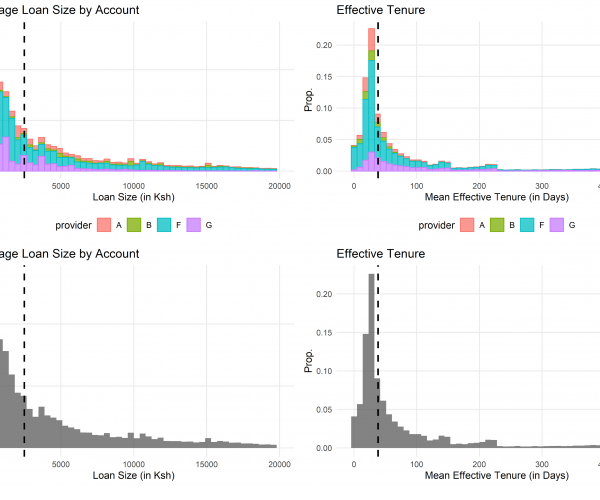Mainstreaming competition law in legal training key for effective representation
By Dr. Priscilla Njako Adv. Manager, Buyer Power, Competition Authority of Kenya
Some years back, I taught a short competition law course at one of our institutions of higher learning. For various reasons, I was under the impression that my class, which mostly constituted legal practitioners, would be keen on a deeper appreciation of concepts that undergird this somewhat obscure area of law. I was mistaken.
Halfway into the eight-week course, it was abundantly clear that the class did not share my enthusiasm for merger waves and how they have affected competition analysis, effects of cartelization on consumer welfare, the contextual background to the country’s competition legislation, and so on and so forth.
I had especially expected that abuse of buyer power, a recent inclusion into the Competition Act, would at least trigger some heightened curiosity. Not least because it cuts rather close to the concept of freedom of contract.
Greater interest, however, lay in a specific area – structuring of mergers and acquisitions and the procedure for presenting merger applications to the competition regulator. Apparently, that is where the money is.
The class was concerned that based on the trajectory of my lessons, this key area would not receive the merited attention. To cut a long story short, we agreed that I wrap up my sessions and cede the floor to another practitioner to cover the priority area.
This story funnels into an important point; we may have a gap in appreciation of the fundamentals of competition law among legal fraternity in the country.
And there’s data to bear this view out. Determinations of the Competition Authority of Kenya (CAK) are subject to appeal at the Competition Tribunal. So far, the Tribunal has determined nine appeals where parties were dissatisfied with the agency’s determinations. In four of these, the CAK’s finding was upheld. In another three, parties recorded settlements on the quantum of the penalty imposed only, leaving the Authority’s finding of breach of the Competition Act intact.
This makes for seven out of nine or 78% of the matters, where the Authority’s decisions have been sustained. The remaining two matters were referred back to the Authority for fresh consideration.
There are various ways of interpreting this data. One of them is that the overwhelming majority of these appeals were either ill-advised or not well executed. This assessment is indicative of a need for deeper understanding of the economic concepts that underpin the law and nature of analysis required under the Competition Act. In other words, increased attention on the ‘whys’ of the decisions.
The inordinately longer duration competition investigations take when firms opt for legal representation presents a headache for competition agencies the world over. In his book Thieves at the Dinner Table, David Lewis, former Chairman of the South African Competition Tribunal, gives the account of an “incontrovertible cartel case” which the legal team “managed to drag through every court in the land for ten years”, only for the represented firm to concede, hours to conclusion of the final trial, exactly what it had been accused of in the first place.
Make no mistake, legal representation is a Constitutional right and I would be the last person to begrudge anyone of it. That said, obstructive legal stratagems are at times borne of a failure to adequately appreciate the distinctive nature of the issues at hand. This points us back to the knowledge gap I alluded to.
I propose three remedies. First, it would help greatly if more law schools offered competition law as a core unit, as opposed to an elective one. Equally, having competition law as a thematic area at Masters level would encourage specialization and broaden research. Second, the Law Society of Kenya could consider expanding its annual offering of competition law sessions in the continuous professional development programme.
Thirdly and finally, it so happens, that the CAK is holding its annual capacity building workshop later this month in Nairobi, where we intend to immerse ourselves in both the ‘hows’ and ‘whys’ of competition law enforcement. This is an open invitation. You may still ask that I make an early exit like my students once did, but I hope I have convinced you not to! More details are available on the CAK’s Website www.cak.go.ke
For feedback, e-mail: info@cak.go.ke










Comments :